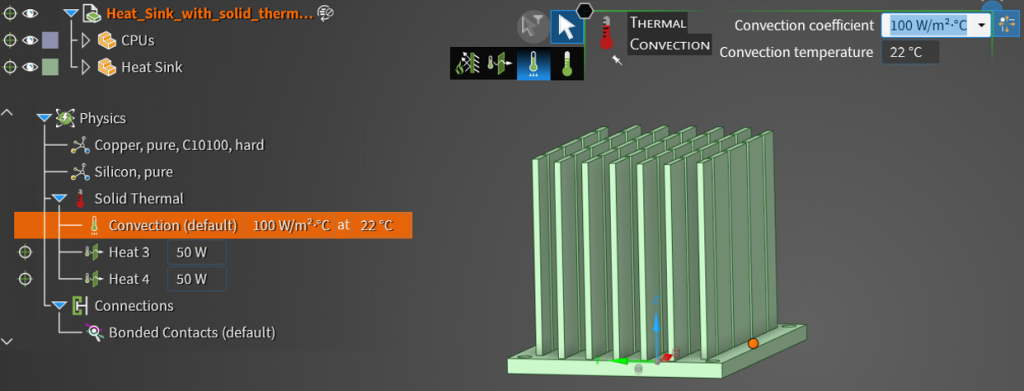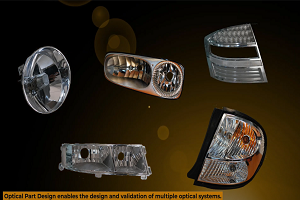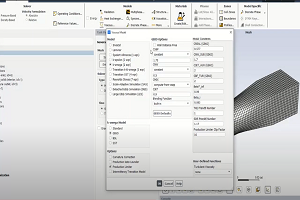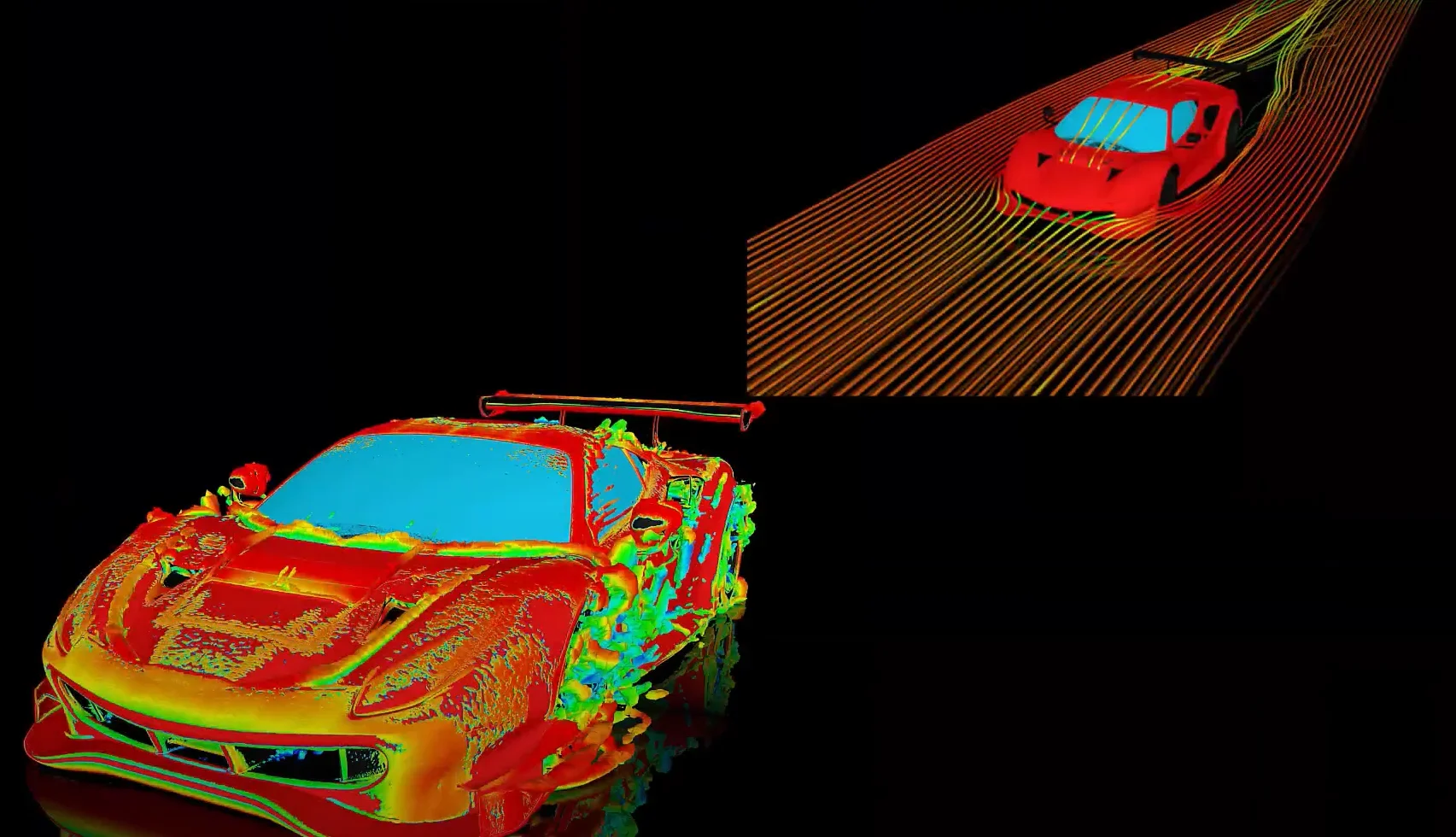-
-
May 5, 2024 at 7:13 am
 SolutionParticipant
SolutionParticipantIn this article we will explore design scenarios using Ansys Discovery to lower the temperature of the CPUs, and thus ensure thermal safety by altering the material, altering the geometry, and altering the heat sink operating environment.

Refer the attached document and Simulation files on how to set up test cases, update design to analyze the impact of the material, geometry and heat sink operating environment on heat sink performance. We will explore these design scenarios and observe the improvements.
-


Introducing Ansys Electronics Desktop on Ansys Cloud
The Watch & Learn video article provides an overview of cloud computing from Electronics Desktop and details the product licenses and subscriptions to ANSYS Cloud Service that are...

How to Create a Reflector for a Center High-Mounted Stop Lamp (CHMSL)
This video article demonstrates how to create a reflector for a center high-mounted stop lamp. Optical Part design in Ansys SPEOS enables the design and validation of multiple...

Introducing the GEKO Turbulence Model in Ansys Fluent
The GEKO (GEneralized K-Omega) turbulence model offers a flexible, robust, general-purpose approach to RANS turbulence modeling. Introducing 2 videos: Part 1 provides background information on the model and a...

Postprocessing on Ansys EnSight
This video demonstrates exporting data from Fluent in EnSight Case Gold format, and it reviews the basic postprocessing capabilities of EnSight.

- In-Depth – Fluids Simulation using Ansys Discovery
- Discovery: Porous media coefficient calculator
- Discovery – Defining new material
- Ansys Discovery: Topology Optimization
- Discovery Quick Tip- Understanding Contour Settings
- Structural Simulation using Bolt Idealization
- How to apply bolt Pretension in ANSYS Discovery?
- Symmetry Boundary condition for Fluid flow simulation in Ansys Discovery
- Thermal Analysis of Heat Sinks with Ansys Discovery
- Discovery Quick Tip- How to Export to Fluent

© 2026 Copyright ANSYS, Inc. All rights reserved.

